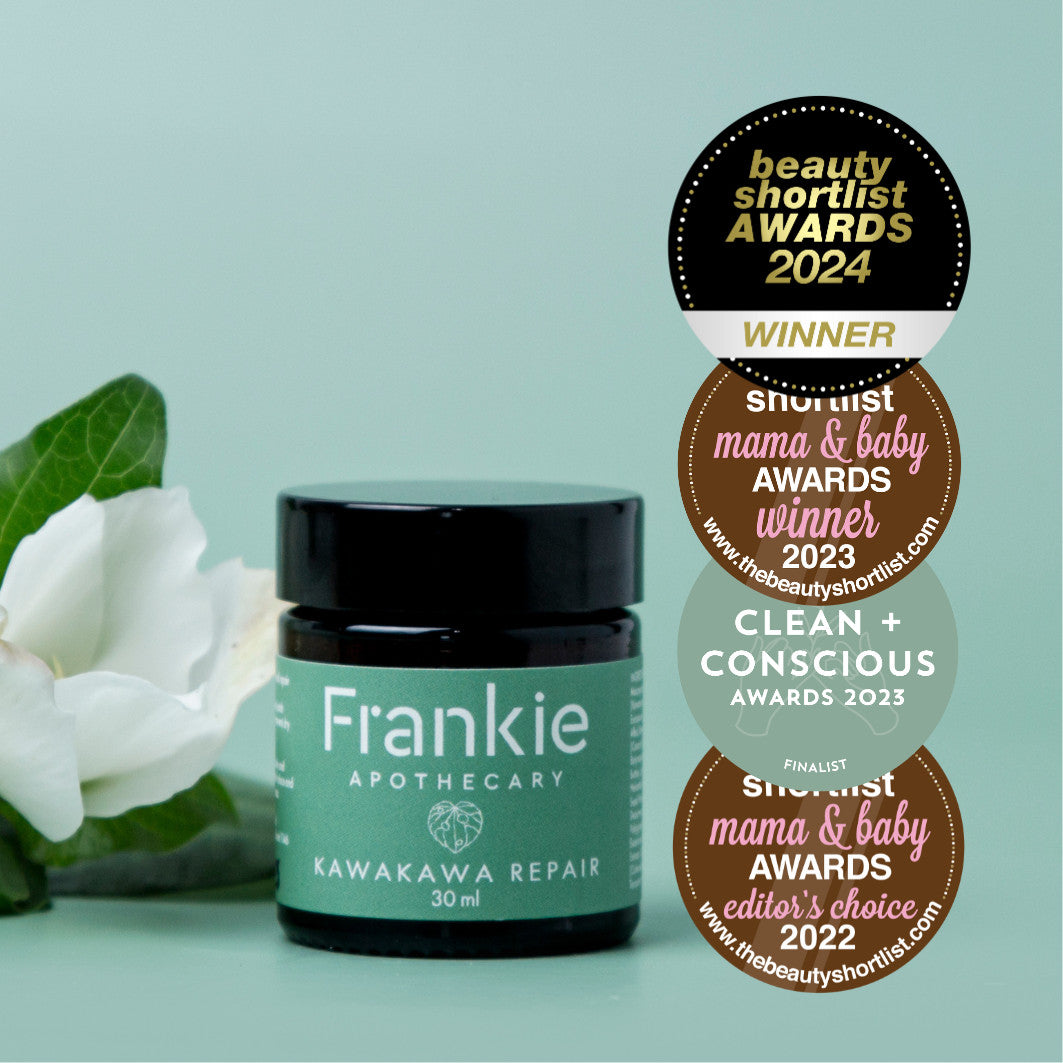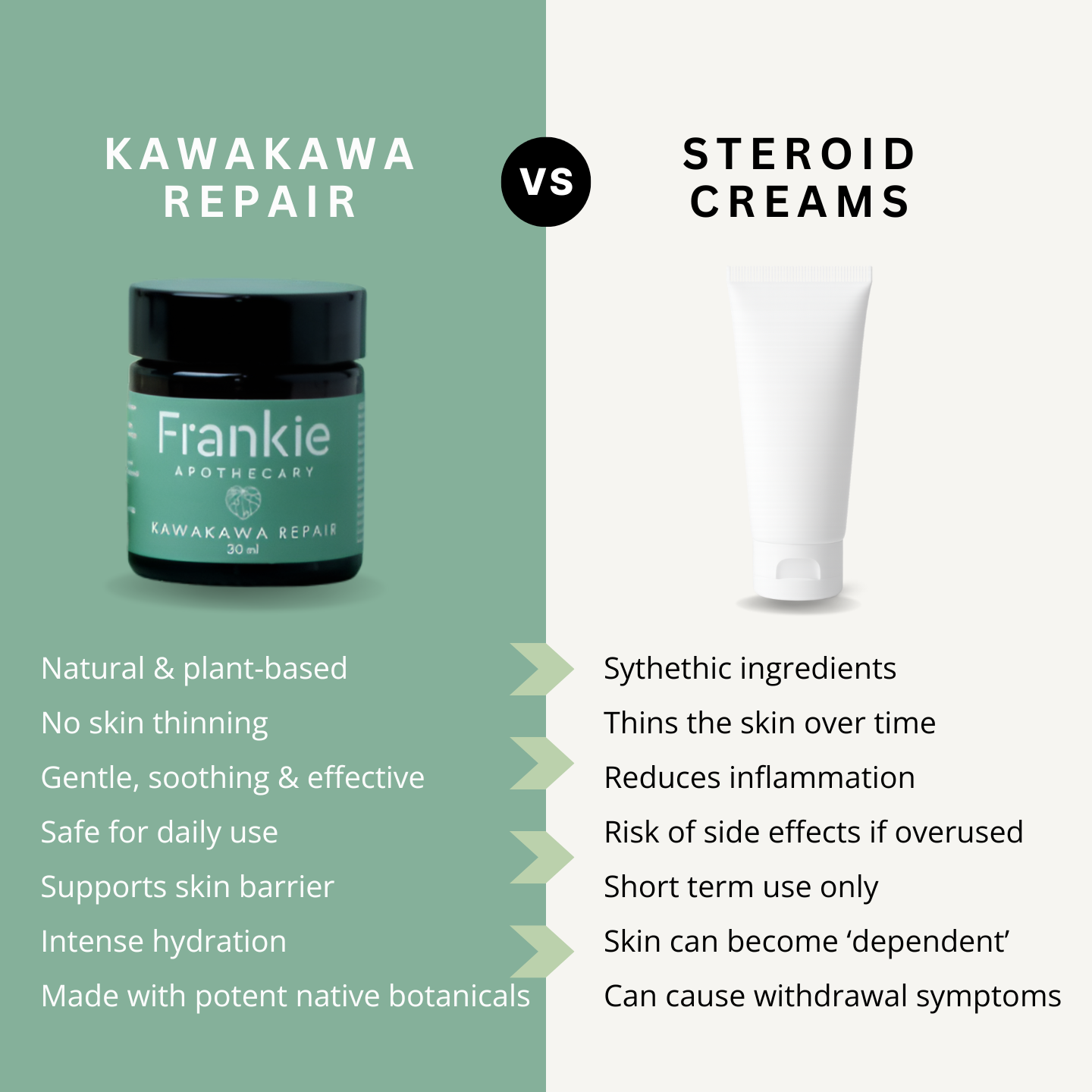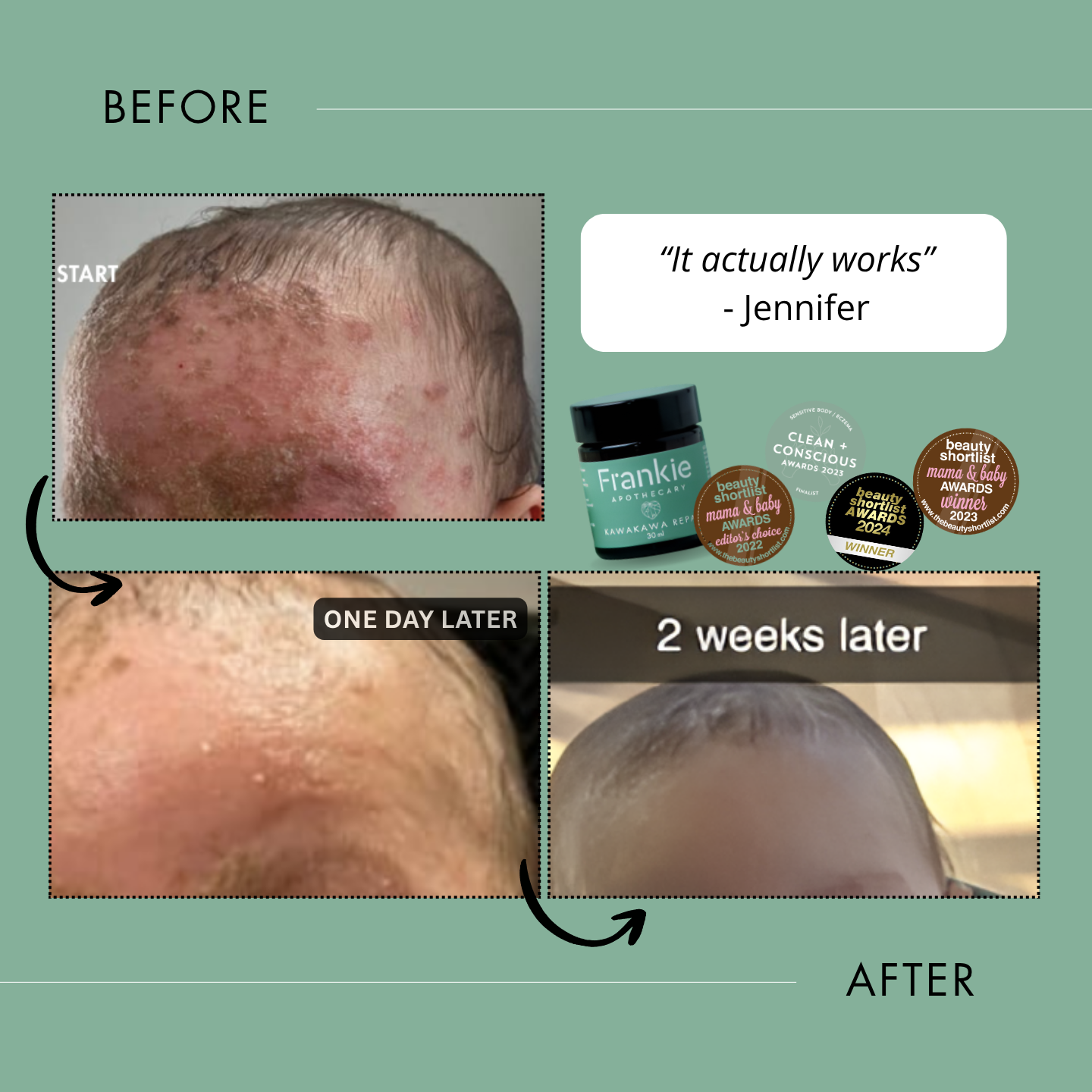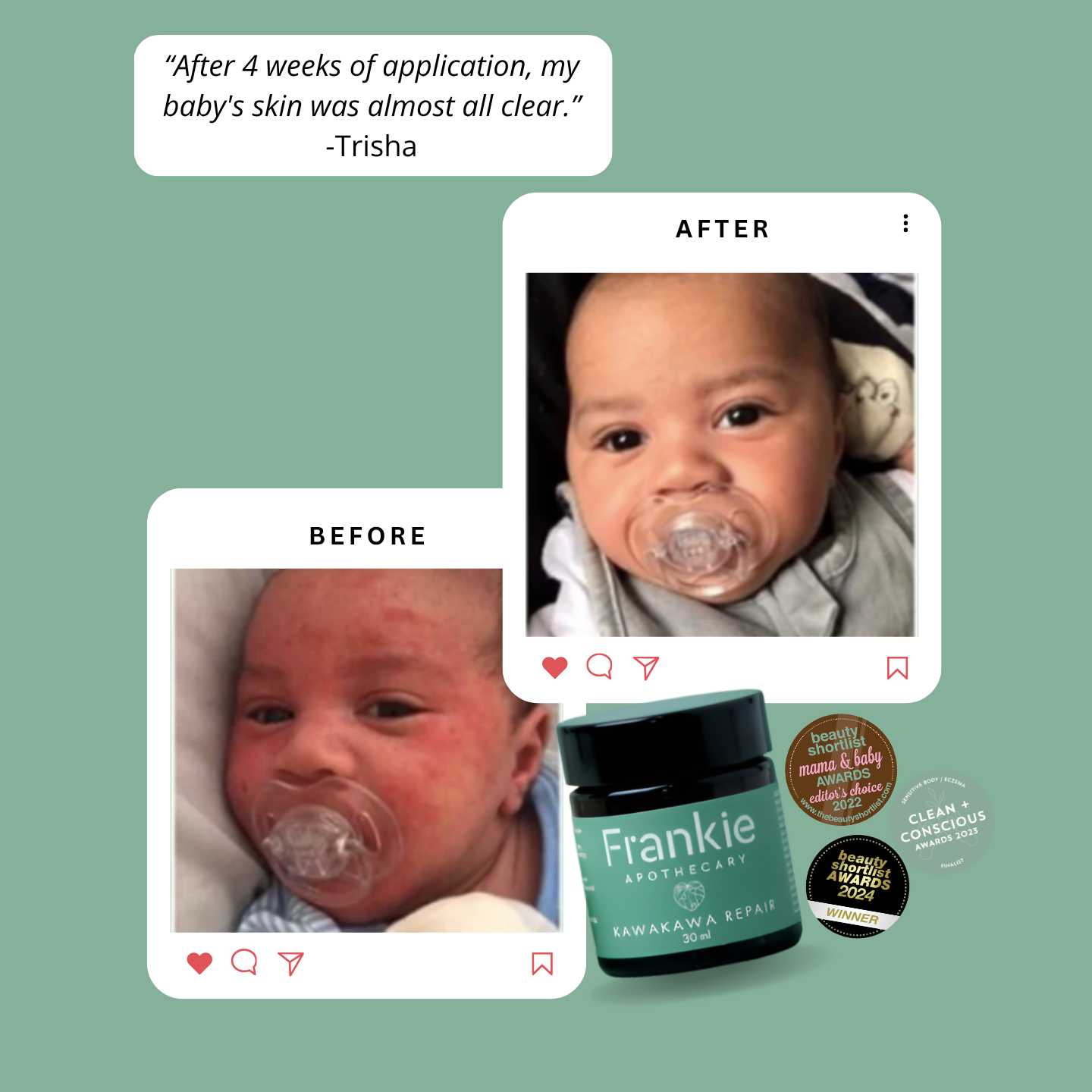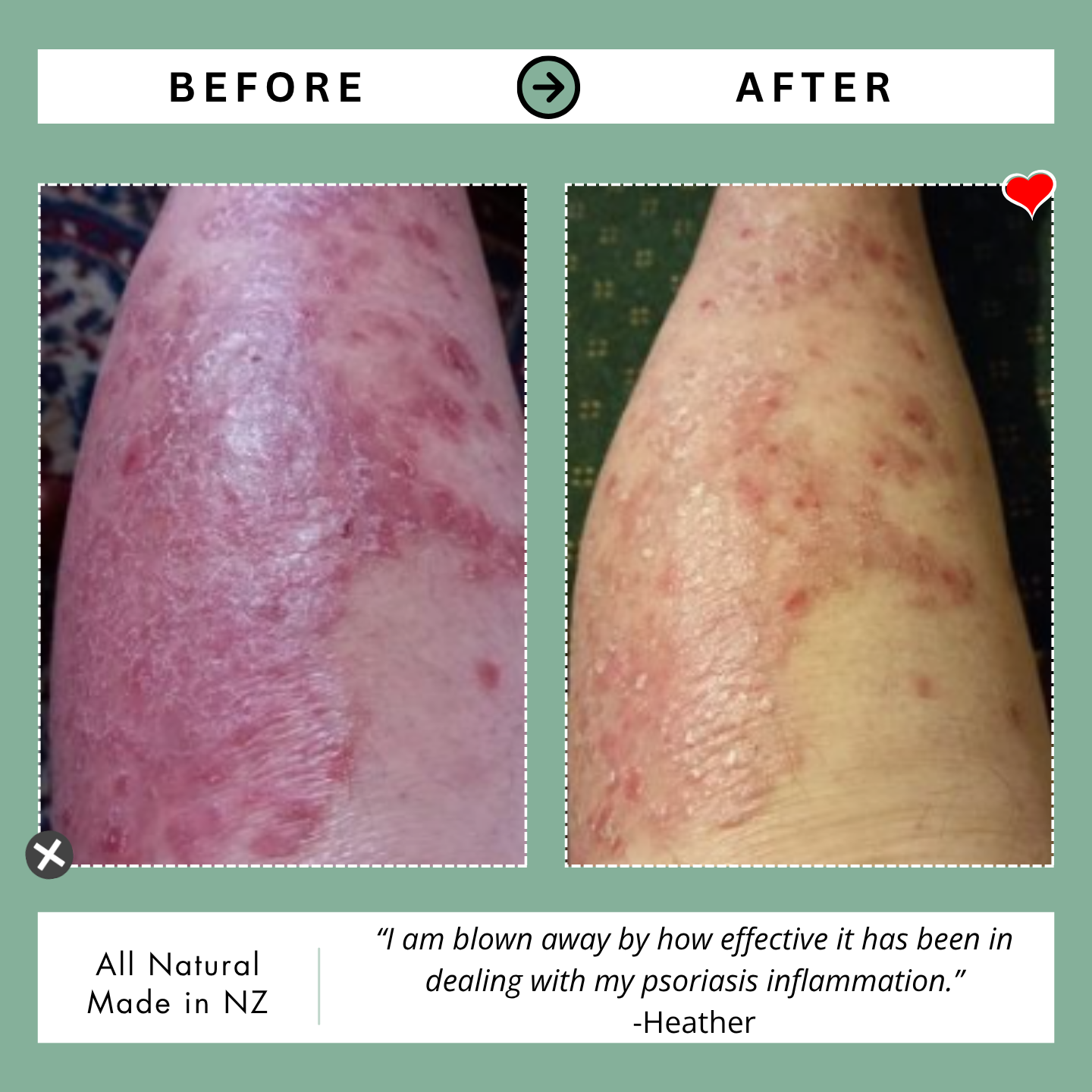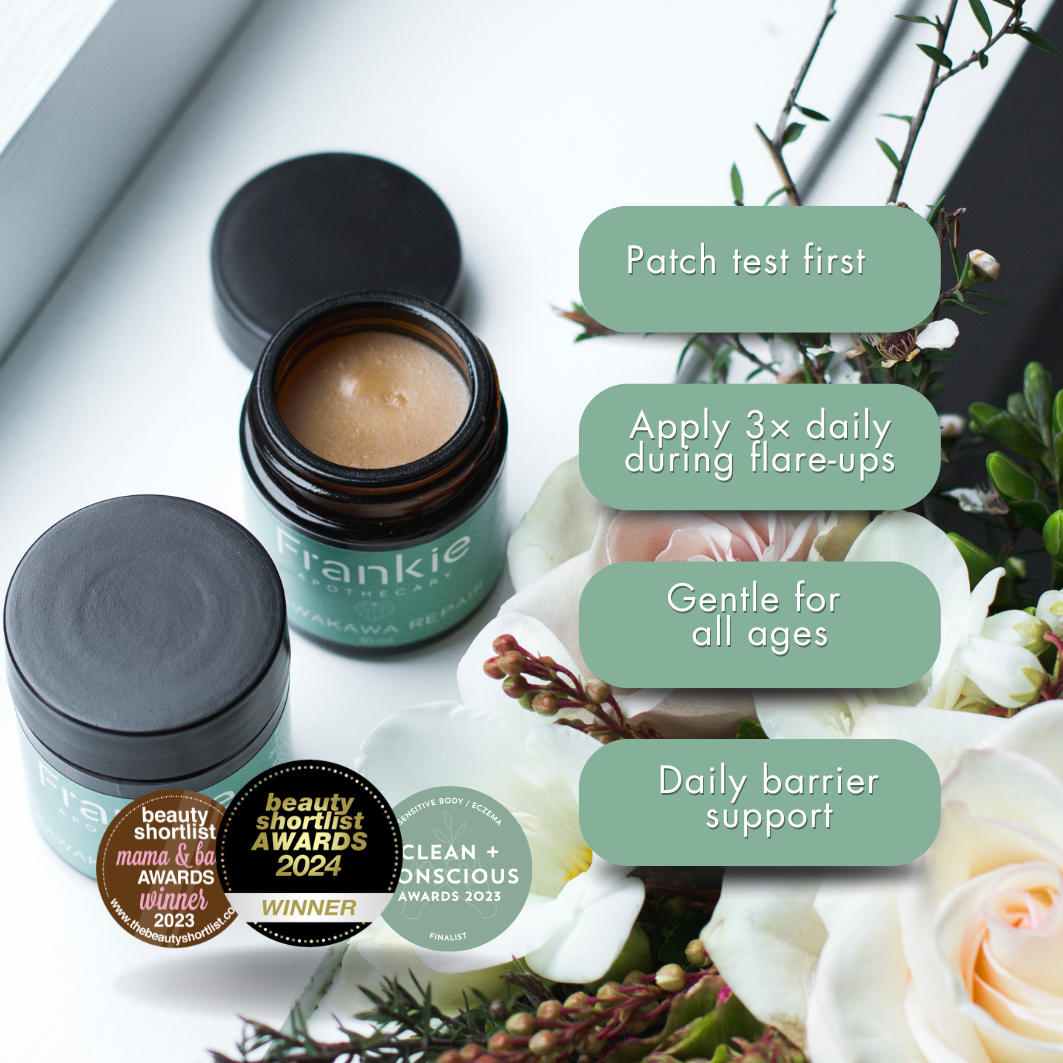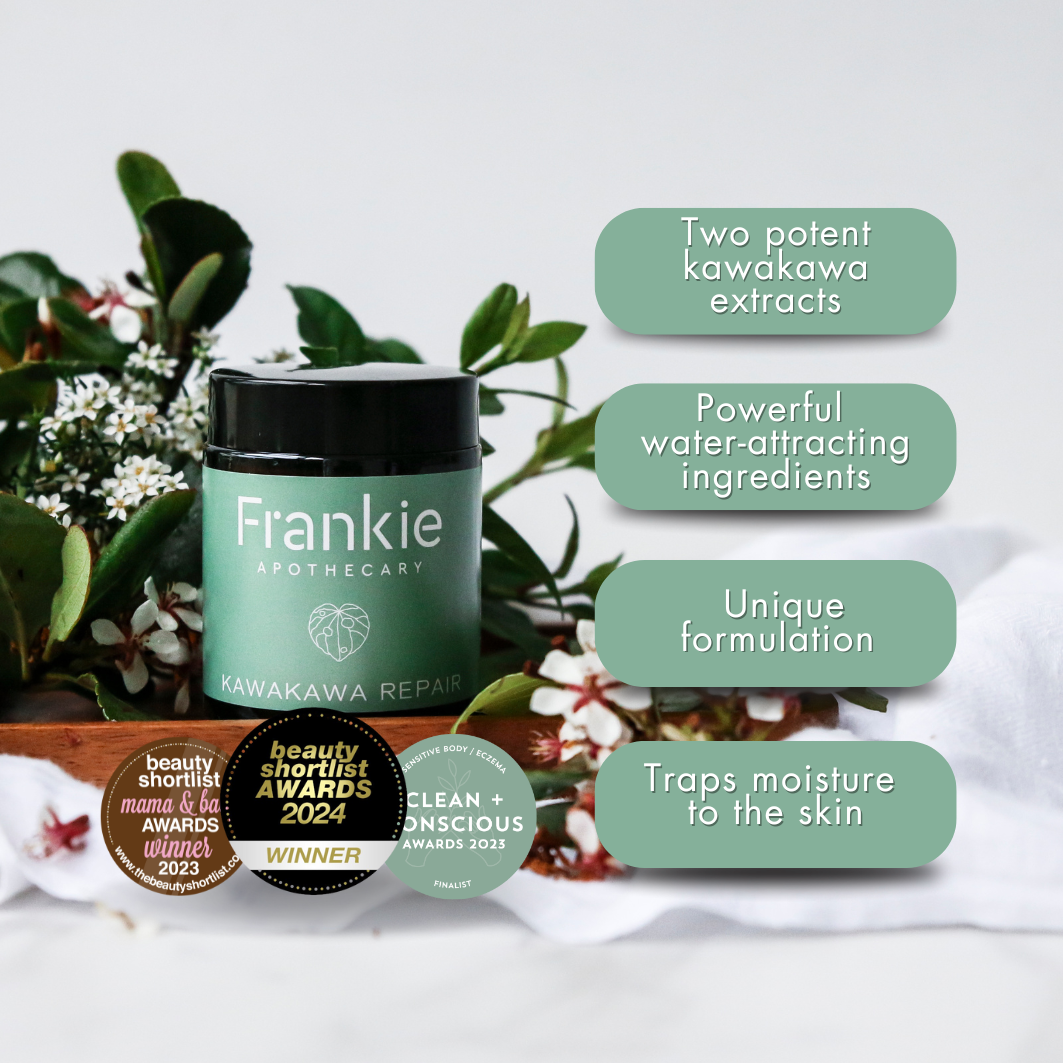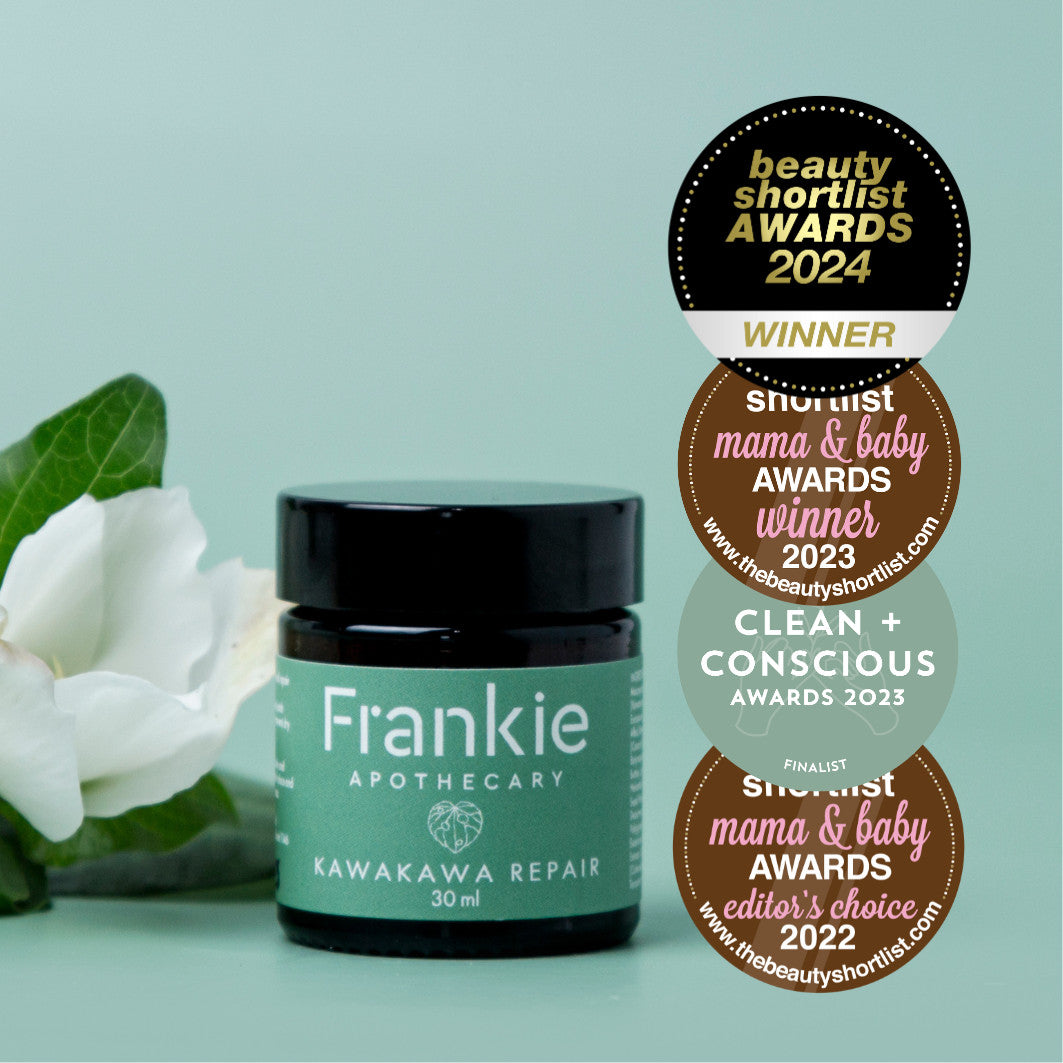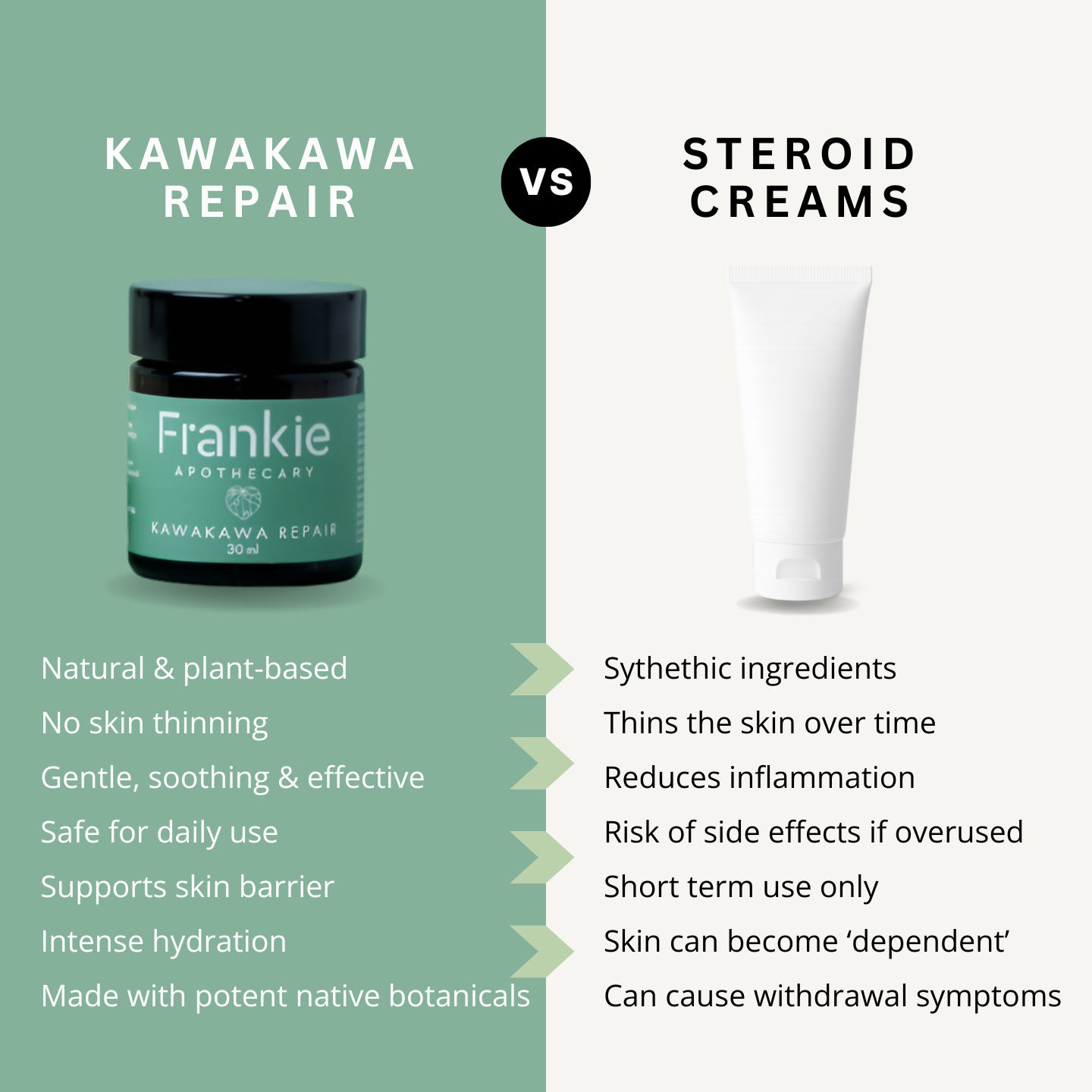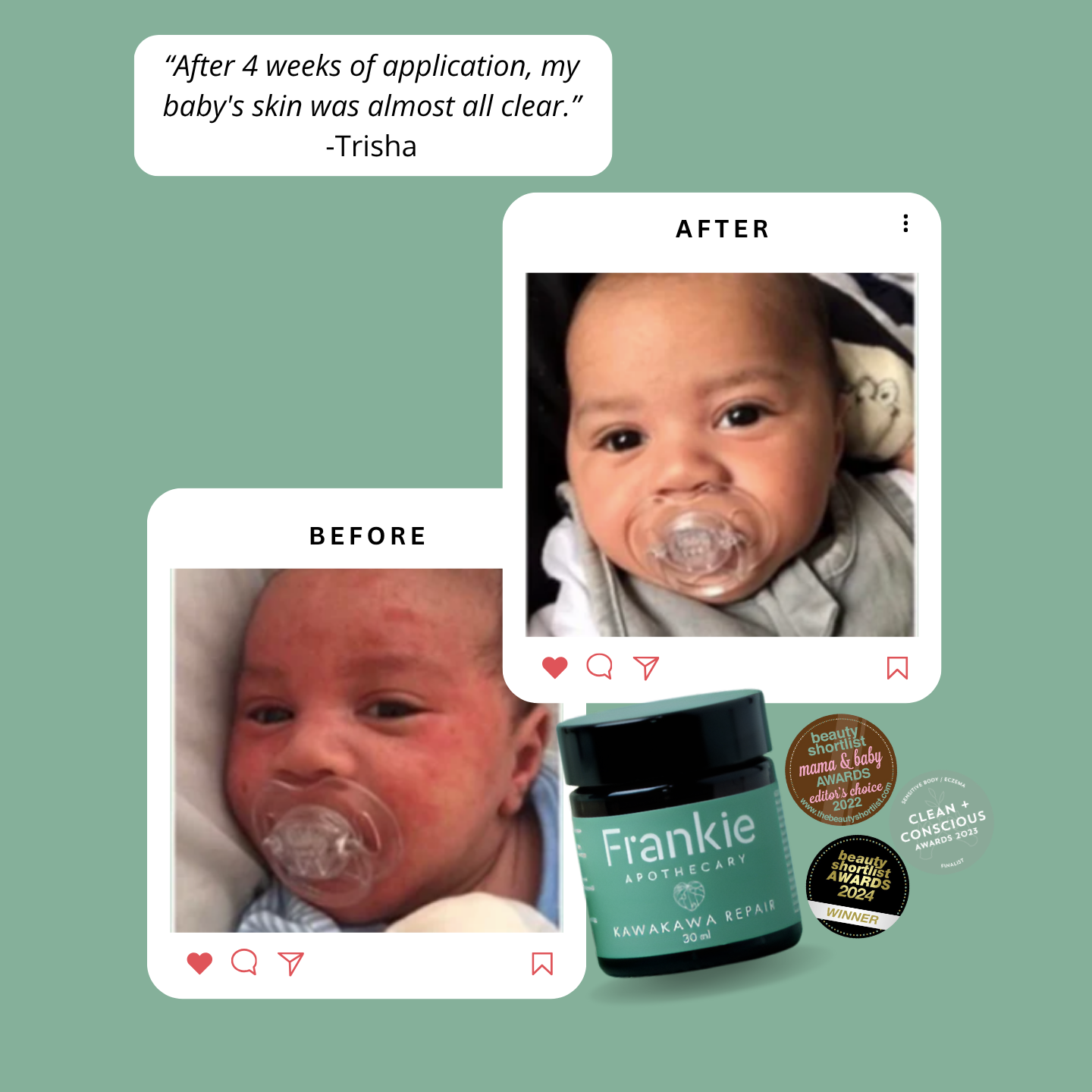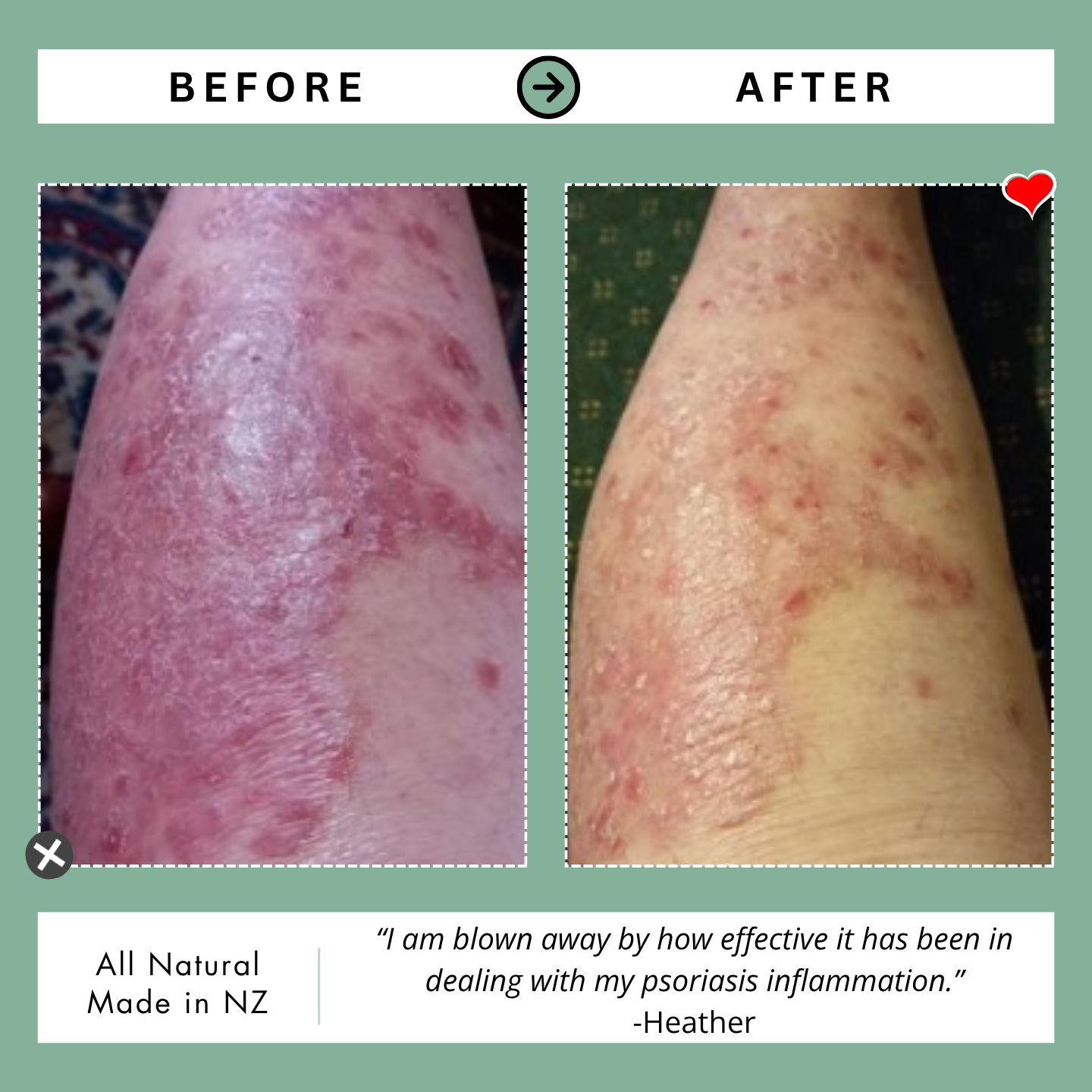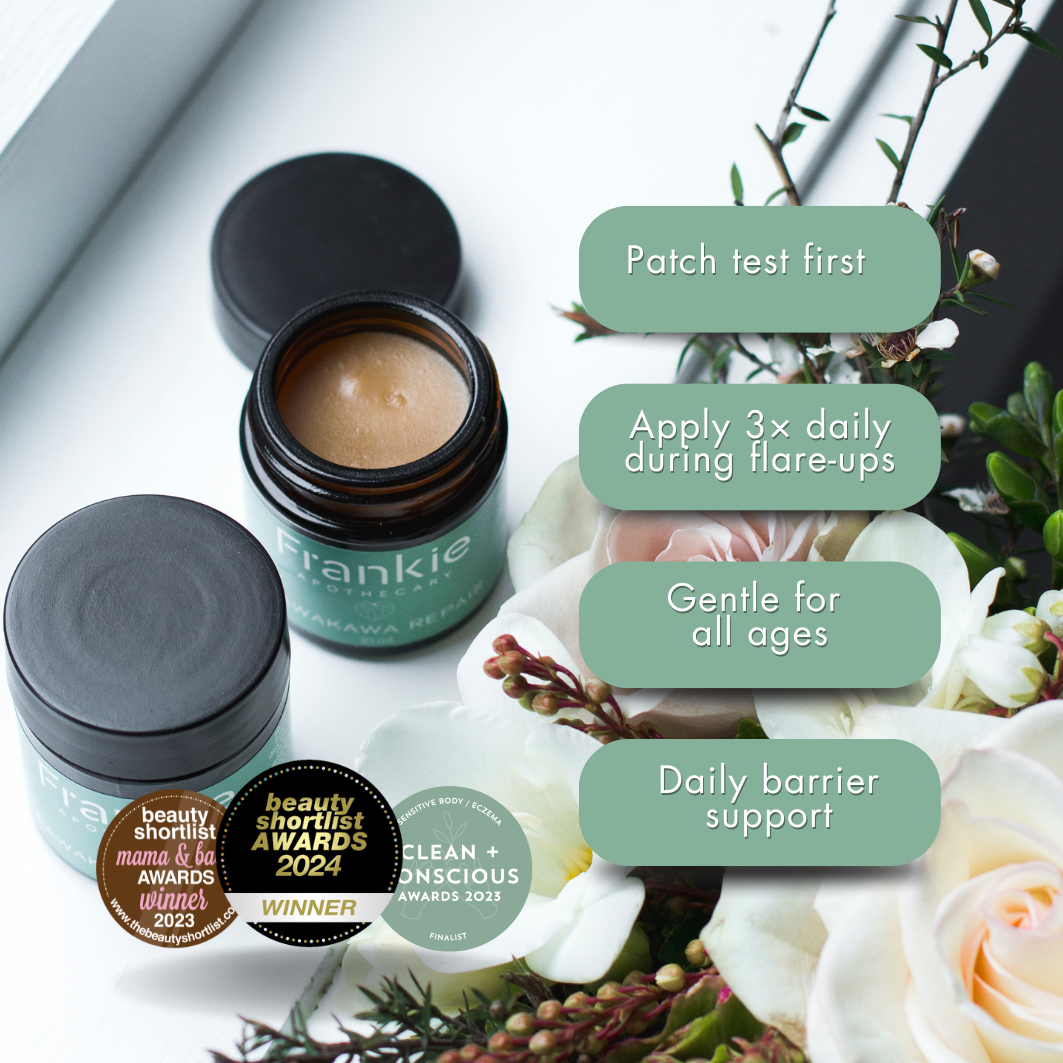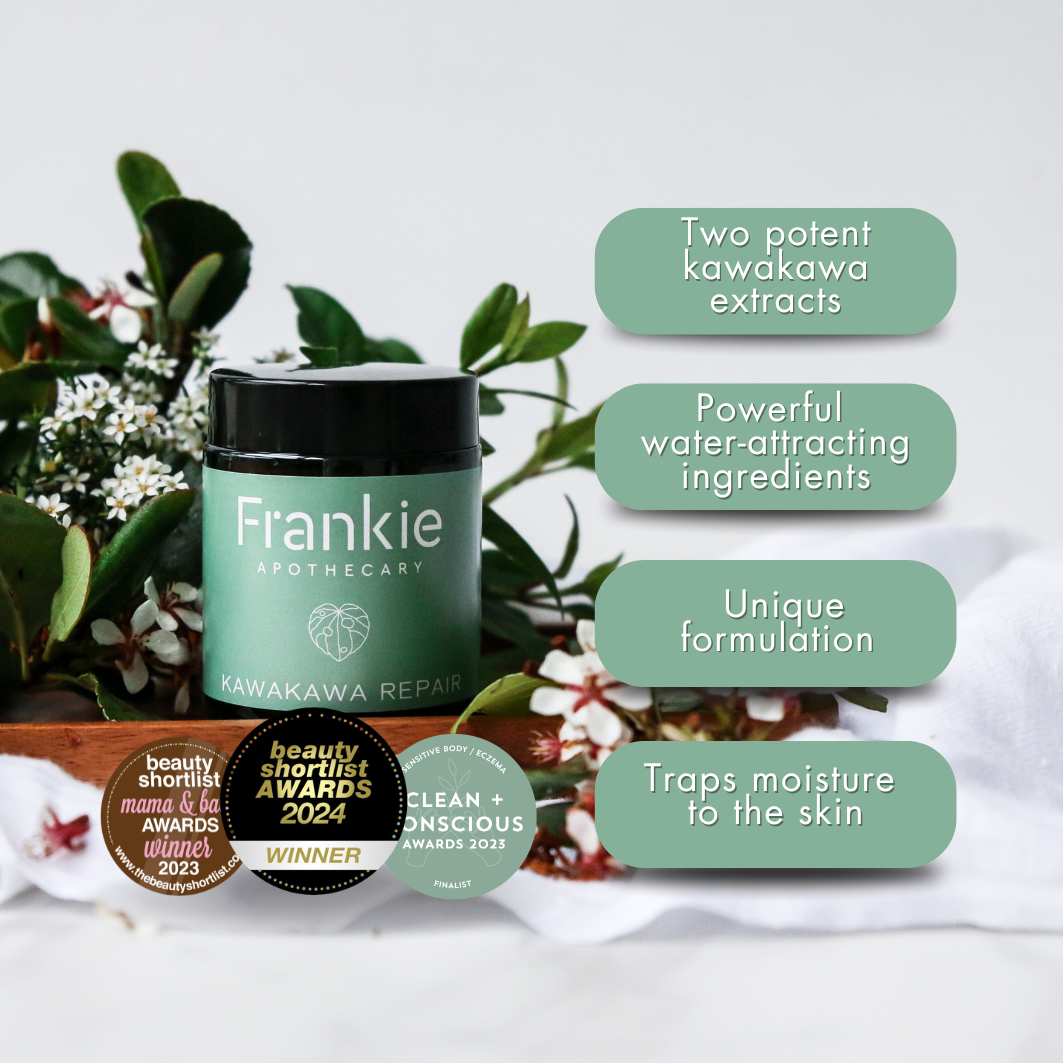'Everyone's Skin is Different'
You’ve probably heard this so many times on your eczema journey. And while every person’s skin is unique, there are key features common to those with dry, itchy, or eczema-prone skin. One of the most important has to do with moisture loss from the skin.
Like bricks and mortar
Think of your skin as a protective wall that keeps irritants out and locks moisture in. In healthy skin, this wall is strong and tightly sealed, like bricks held together with solid mortar. But in eczema-prone skin, that "mortar" is weaker, with tiny cracks that let excess moisture escape and allow allergens and bacteria to sneak in.
Some moisture loss—commonly known as Trans epidermal Water Loss (TEWL)—is totally normal. However, in dry, itchy, or eczema-prone skin, this process happens much faster, leading to dehydration and irritation.
Moisture plays a huge role in supporting the integrity of the skin barrier - less moisture means a weaker barrier. This is because the outermost layer of your skin (the stratum corneum) is made up of skin cells held together by fats (aka lipids), which act like the mortar between bricks. These fats help seal in moisture and prevent water from evaporating. When the skin loses moisture, these fats become depleted, leaving gaps in the barrier (1), making it easier for water to escape and for irritants to enter, leading to increased sensitivity, dryness, and inflammation.
Less moisture leaves the skin feeling tight, rough, and itchy, triggering a cycle where dryness leads to irritation, and irritation leads to even more discomfort.
On top of that, moisture loss stimulates the nerves in your skin, sending signals to your brain that trigger itching. While scratching may feel amazing in the moment, it makes things worse because it damages the skin barrier further, making it even more vulnerable to moisture loss and irritation—creating the frustrating itch-scratch cycle.
An overactive immune response
People with eczema don’t just have a weaker skin barrier; their immune system is also on high alert. Their skin produces higher levels of inflammatory markers—like cytokines—which signal the body to fight off threats, even when there’s no real danger.
This heightened immune response leads to more redness, swelling, and itchiness. On top of that, eczema-prone skin is more sensitive to histamine, the same chemical that makes bug bites itch.
This means that common triggers like heat, allergens, and even stress can cause the skin to become inflamed and irritated. It’s like having an overly sensitive smoke alarm that goes off at the slightest hint of irritation.
For dry, itchy skin, calming inflammation, strengthening the skin barrier, and reducing excess moisture loss are all essential steps to manage eczema.
Choosing the right topical
When it comes to moisturizing, research shows that water-based products, while lightweight and fast-absorbing, may not be the best option for sealing moisture into the skin. This is because they lack occlusive agents, which are ingredients that help prevent moisture from evaporating by creating a protective layer over the skin.
That’s where a rich, oil-based balm or ointment—like Kawakawa Repair Balm—comes in. It’s formulated with natural oils and occlusives that effectively lock in hydration and reinforce the skin’s protective barrier.
Yes, these products can feel a little heavier, but dry, itchy skin needs that extra nourishment. A helpful tip is to apply Kawakawa Repair Balm 10–15 minutes before getting dressed, allowing it time to absorb so your skin stays hydrated without feeling greasy.
Avoid Over washing & Hot Showers
Long, hot showers can dry out your skin by stripping away protective lipids. Stick to lukewarm water and limit shower time to 5–10 minutes. Always choose a gentle, fragrance free cleanser.
Wear Breathable, Skin-Friendly Fabrics
Certain fabrics, like scratchy wool and synthetic materials, can irritate sensitive skin. Instead, wear soft, natural fabrics like cotton, bamboo, or silk, which allow your skin to breathe and don't rub.
Support Your Skin from the Inside Out
Your diet and fluid balance play a big role in maintaining a healthy skin barrier:
- Drink enough water to keep your skin hydrated from within.
- Eat omega-3-rich foods (like salmon, flaxseeds, and walnuts) to support the production of skin lipids.
- Incorporate antioxidant-rich foods (like berries, leafy greens, and nuts) to combat inflammation and strengthen the skin’s resilience.
When you're managing itchy skin, it's really important that lifestyle changes go hand-in-hand with your topical and self-care regime - you read more on how to identify food, chemical and environmental triggers here; also read about the role of gut health plays in itchy skin on our journal.
And of course, if you have any questions, just drop us a line at: info@frankieapothecary.co.nz
___________________________
1. Understanding the Epidermal Barrier in Healthy and Compromised Skin: Clinically Relevant Information for the Dermatology Practitioner.



